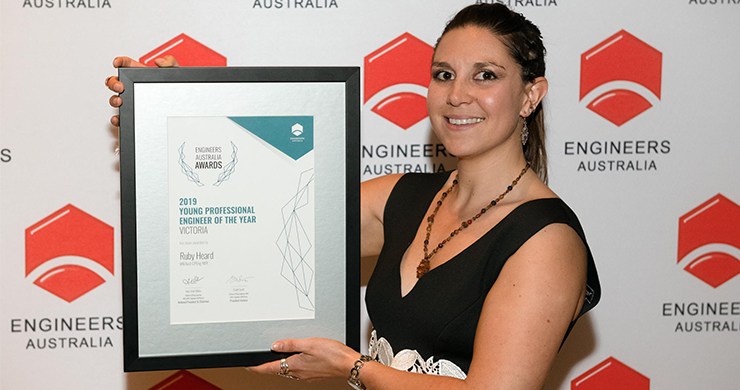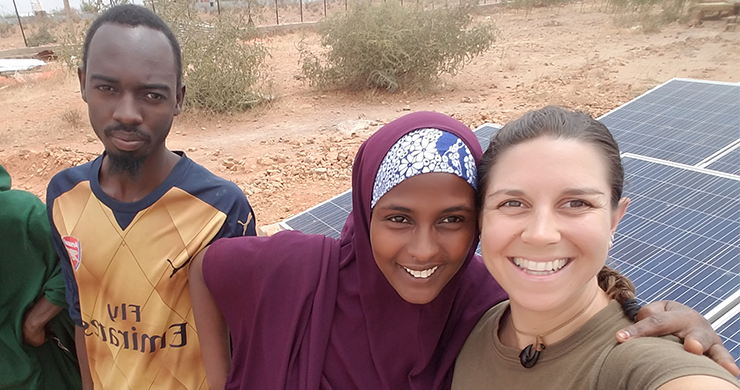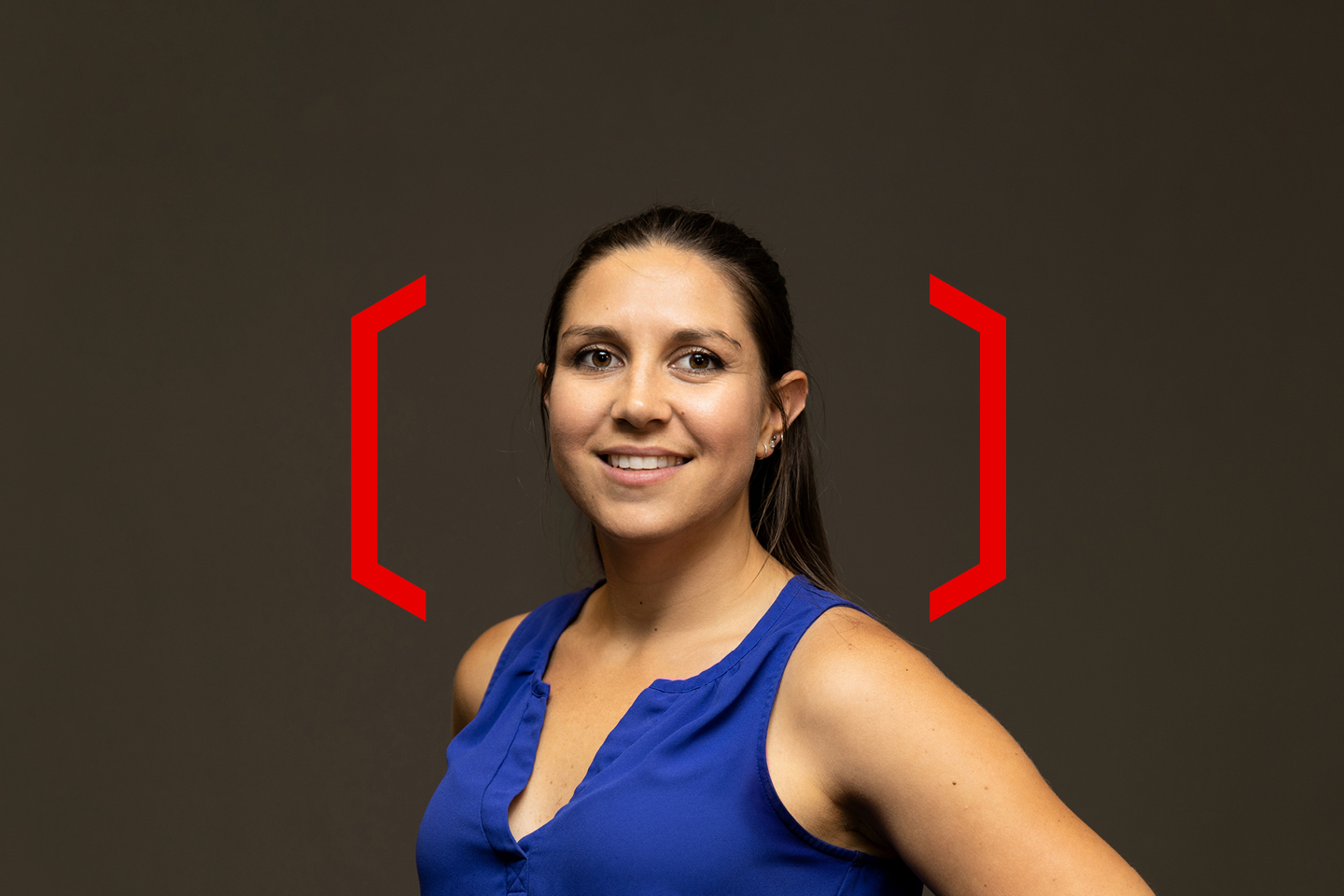While the intentions of renewable energy projects are considered environmentally beneficial, electrical engineer Ruby Heard is generating socially conscious solutions that go beyond the current scope.
Ruby Heard understands the true meaning of impact. While the intentions of renewable energy projects are considered environmentally beneficial, electrical engineer Ruby is generating socially conscious solutions that go beyond the current scope.
A descendant of the Jaru people of the Kimberley, she is the founding director of Alinga Energy Consulting. Her passionate work through Alinga provides energy research, feasibility studies and design services with a focus on affordable and sustainable off-grid systems to improve livelihoods for indigenous communities.
“Alinga is the Sun Goddess in some Aboriginal cultures and I wanted to honour the sun for being the primary source of energy for this planet. The focus of my company is to assist in delivering responsible, affordable energy access to indigenous communities,” Ruby reveals. She is also working alongside solar installers in residential and commercial system design and sits on a technical advisory panel for assessing off-grid project grant proposals in Papua New Guinea.
In 2019, Ruby was awarded Young Professional Engineer of the Year in Victoria by Engineers Australia and was also featured in their top 100 Engineers Making a Difference list. She also sits on the Reconciliation Action Plan (RAP) committee for Engineers Without Borders and GHD, and is a founding steering committee member of the First Nations Clean Energy Network.

Ruby won Young Professional Engineer of the Year Victoria in 2019
It seems Ruby's own energy knows no bounds, as she is also currently undertaking a PhD with Melbourne University to address energy access and affordability, where she is investigating and addressing the barriers to achieving energy justice for first nations people and communities. She is working with several communities in the Kimberley, Western Australia to energy agency and affordability issues, and looking at how traditional indigenous values could improve the energy industry.
“There's no doubt that large renewable energy projects have their impacts on our natural environments and those impacts need to be weighed and minimised. But there's also the opportunity for net positive benefits such as return of country to traditional owners and the designation of protected land to offset impacts,” she explains. "My heart will hurt for every tree that gets taken and every animal that gets displaced in the construction of renewable energy projects, but if we go above and beyond minimum government requirements these projects will succeed in leaving a positive legacy.”
My heart will hurt for every tree that gets taken and every animal that gets displaced in the construction of renewable energy projects, but if we go above and beyond minimum government requirements these projects will succeed in leaving a positive legacy.
Growing up in the Macedon Ranges, Ruby has indigenous heritage on her father’s side, connecting her to the Jaru people in the Kimberley of Western Australia. Raised to care for the environment, her interest in engineering was sparked when her father introduced her to the household fuse box.
“He told me it was my job to replace the fuse when it broke. It was a responsibility that helped shape my career path. Today I stay true to my upbringing and am proud to be a high achieving hippie who plays football and marches to the beat of my own drum,” Ruby reveals.
She started what she calls her ‘professional alter ego as an electrical engineer’ in 2010 with Arup in Melbourne as a Building Services Engineer. In 2015, she was transferred to San Francisco where she specialised in microgrids, complex solar arrays and DC buildings. She was also given the opportunity to work with high profile companies and projects including Google, Lawrence Berkeley National Labs and the Stanford University Accelerator facility.
Amidst all these exhaustive contributions to cleaner, clearer and fairer renewable solutions, in 2018 Ruby found the time to spend six months in Ethiopia working in refugee camps as an Engineers Without Borders volunteer. Here, she trained refugees to design and install solar mini-grids where she remembers having “the absolute best time of my life and it became clear that I needed to focus my future work on helping our vulnerable communities.”
As her commitment to energy justice for indigenous communities is unwavering, she sees the need to openly promote and support women in engineering. Ruby believes she is fortunate to work with companies delivering a good gender balance, she’d like to see leading female engineers access more flexible and less consuming work conditions.

Ruby spent time in Ethiopia as an Engineers Without Borders volunteer
“Having strong female role models has been extremely important to me as I’ve developed professionally. I am very grateful for the women that have played a role in teaching me and supporting me over the years. What I have learned about women in engineering is that women do want to be leaders in their company, but they don’t want to sacrifice their health or their family life. The biggest issue to women staying in the profession is that we can’t see role models who are demonstrating successful work/life balance.”
There’s no doubt we'll be feeling the effects of Ruby’s unstoppable energy far into a cleaner energy future.

